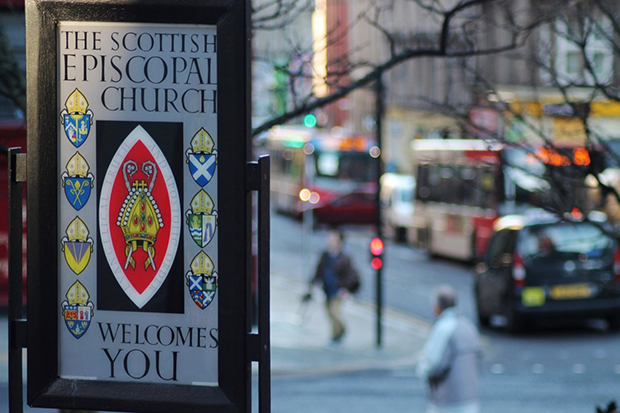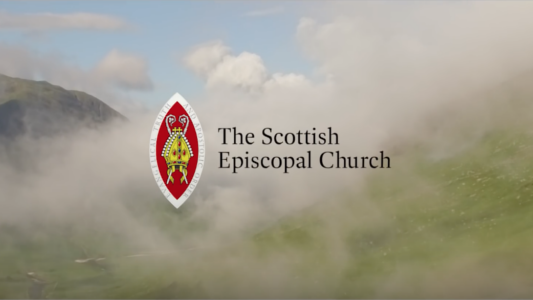Table of Contents
- Introduction
- Personnel Policies
- Continuing Ministerial Development
- Remuneration, Housing and Expenses
- Retirement
This page covers a range of different Personnel policies and guidance which has been produced to support Clergy in their roles. Where information is found in different areas of the website this page provides links, as well as indications of where the appropriate information may be found in other sources, such as the Code of Canons.
Time off and holidays – guidance from the Administration Board
The Administration Board recommends that stipendiary clergy and vestries observe the following as a minimum provision for clergy holidays and other “time-off”:-
Holidays
- Five weeks basic holiday per annum (25 days), plus an additional ten days being equivalent to annual public holidays.
- The congregation should be responsible for funding the costs of a “locum tenens” for up to five Sundays per annum to enable the clergy to take a holiday.
- On the basis of a five day “working week” for clergy, the intention of the above provision is therefore that clergy should have annual leave of 35 days of which no more than 5 should be Sundays. (As mentioned above, bank/public) holidays are to be regarded as included within this provision rather than in addition to it.
Time Off
- At least two days off in every seven.
General
- Vestries should have power to augment the minimum standard set out above where exceptional circumstances pertain.
- Vestries should ensure that they, and their congregations, are aware of and abide by the arrangements made with their clergy in relation to holidays and time-off and should encourage clergy to take holiday and time-off in accordance with such arrangements.
- The above principles should apply to part-time appointments on a pro-rata basis.
Approved and adopted by General Synod, June 2021
Sickness
Canon 64 sets out detailed provisions relating to the situation where, through physical or mental incapacity, a cleric becomes unfit to fulfil the responsibilities of ministry. In certain circumstances, a cleric may be referred to the Medical Review Panel of the Church. A number of decisions are possible as a result of a referral and can include a requirement for the cleric to undertake a period of leave or a decision that the cleric is unfit to continue at all in the current ministerial post.
Canon 64 can be accessed at: https://www.scotland.anglican.org/who-we-are/publications/code-of-canons/
The Digest of Resolutions (section 6.3.1) provides that in the case of clergy illness or disability while in office, Standard Stipend continues to be payable, subject to deduction of any National Insurance benefits receivable by the cleric in relation to such illness or disability. The Digest can be accessed at: https://www.scotland.anglican.org/who-we-are/publications/code-of-canons/
A best practice note for sickness absence is available here: https://www.scotland.anglican.org/wp-content/uploads/Best-Practice-Note-for-Sickness-Absence-Nov-2023.pdf
Maternity and paternity
Section 6.12 of the Digest of Resolutions states:
Stipendiary office holders shall be entitled to maternity, paternity, parental and adoption leave for the same periods and subject to the same conditions as apply in the case of an employee under the Employment Rights Act 1996 or any regulations made under that Act. Where a stipendiary office holder is statutorily entitled to maternity or adoption pay, it shall be paid at the level of standard stipend for 22 weeks and, for the following 17 weeks, at the rate of 90% of standard stipend or the standard rate set by the Government (whichever is the lower).
Bullying & Harassment
The Bullying and Harassment Policy adopted by General Synod 2021 can be accessed at: https://www.scotland.anglican.org/who-we-are/bullying-and-harassment-policy/
Complaints
The Complaints Procedure adopted by General Synod 2021 can be accessed at: https://www.scotland.anglican.org/who-we-are/complaints-procedure/
Situations of Pastoral Breakdown
Canon 53 sets out detailed procedures in relation to the resolution of situations of pastoral breakdown. Reference should be made to the Canon itself for its application to any particular situation. The Canon is not disciplinary in nature but, under its procedures, it is possible that a charge may be declared vacant. It should also be noted that the compensation provisions under the Digest of Resolutions (paragraph 6.3) may be available in some circumstances where Canon 53 applies.
Canon 53 can be accessed at: https://www.scotland.anglican.org/who-we-are/publications/code-of-canons/
Grievances
A grievance procedure is set out for clergy in Canon 53.10 and Appendix 29 to the Code of Canons. Work is currently ongoing as to a possible revision of Canon 53.
Disciplinary Procedures
Canon 54 sets out the formal disciplinary process in relation to clergy and can be accessed at: https://www.scotland.anglican.org/who-we-are/publications/code-of-canons/








